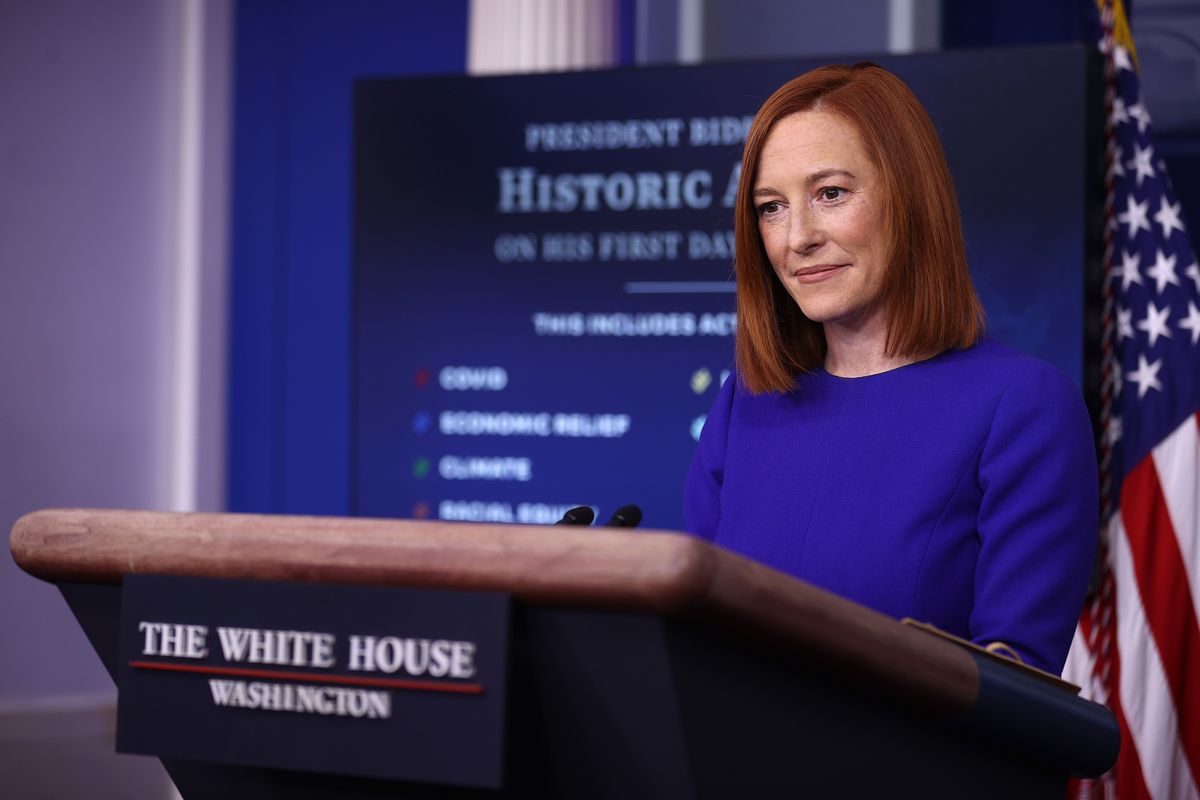This week, Iran and the new U.S. administration sent indirect messages to each other on the JCPOA. Also, President Biden’s cabinet nominees were asked about Iran. Please see our breakdown and analysis below:
Each Side Refuses To Blink on JCPOA; Cabinet Nominees Largely Stick to Scripts
- Both Admins Still Affirming Desire to Return, But No Clarity on First Moves
- Less than a few hours after Joe Biden was inaugurated, his team was questioned on the prospects of the U.S. returning the JCPOA, setting up an indirect back and forth between the two governments on who should take the first steps to initiate a return.
-
- President Biden spoke very lightly on foreign policy in his inaugural address, but other administration officials spoke on the issues. When asked in her first press briefing on Biden’s plans for the Iran file, Press Secretary Jen Psaki said, “the President has made clear that he believes that through follow-on diplomacy, the United States seeks to lengthen and strengthen nuclear constraints on Iran and address other issues of concern. Iran must resume compliance with significant nuclear constraints under the deal for that to proceed.”
- On Jan. 19th, Iranian President Hassan Rouhani said in a televised cabinet meeting that, “the ball is in the U.S. court now. If Washington returns to Iran’s 2015 nuclear deal, we will also fully respect our commitments under the pact.”
- In an interview with an Iranian Newspaper released on Jan. 21st, Iran’s Foreign Minister Javad Zarif also reiterated their desire for return but stated that Iran isn’t in a hurry to re-enter the deal, and before that happens, all Trump-era sanctions must be lifted. This same message was conveyed in the Supreme Leader’s speech on Jan. 8th, as well as by other Iranian officials over the last few days.
- However, in Zarif’s interview, he also said the U.S. must “head in the direction” of sanctions removal.” In return, Iran would return to the deal, but how & on what timetable this happens is a “technical matter.
-
- As a show of force in the waning days of the Trump administration, the IRGC and the Iranian armed forces held a myriad of combat exercises and drills in the Persian Gulf and surrounding areas. This could have been in response to a ramp-up of U.S. military assets in the Gulf, including the deployment of B-52 bombers, an aircraft carrier, and a nuclear submarine.
- Cabinet Nominees Peppered with Questions on Iran; Few Deviations from Previous Statements
- In Avril Haines’ confirmation hearing for Director of National Intelligence, she was asked about her position on the JCPOA and President Biden’s promise to reenter the deal by multiple Senators. In an exchange with Sen. Collins, she said that the “President-elect has indicated that if Iran were to come back into compliance that he would direct that we do so as well,” but went on to say that “quite frankly, we are a long ways” from that.
-
- Secretary of State Nominee Antony Blinken answered similarly to questions posed by Senators at his nomination hearing, stating that the JCPOA was “succeeding on its own terms in blocking Iran’s pathways to producing fissile material for a nuclear weapon on short order,” which according to Blinken is the administration’s top priority related to Iran. He went on to say that “if Iran comes back into compliance, we would too,” but that “we’re a long way from there.”
- Key Takeaways
-
- Both the U.S. and Iran have held mirror positions on a return to compliance with the deal, but it is unclear how such a return would be sequenced. The Biden administration, having only been inaugurated two days ago and contending with a variety of domestic crises, may not want to make any major announcements on Iran, especially without his team in place or without the time to review current intelligence.
-
- Iran will feel vindicated in its position that the U.S. should move first, given that they remained in the deal after the U.S. withdrew, albeit while gradually reducing their compliance. A clear path forward would be for both countries to agree on a framework for Iran to simultaneously increase its compliance with the deal as the U.S. does the same in a concurrent, phased timeline. This approach was delineated by a recent International Crisis Group report on the JCPOA.
-
- This process can be jump-started with a small, incremental step by the Biden team, such as revoking the memorandum that officially withdrew the U.S. from the deal. For more, please see my article in Just Security – Shifting Contours, Same Solution: Swiftly Returning to the Iran Nuclear Deal.
